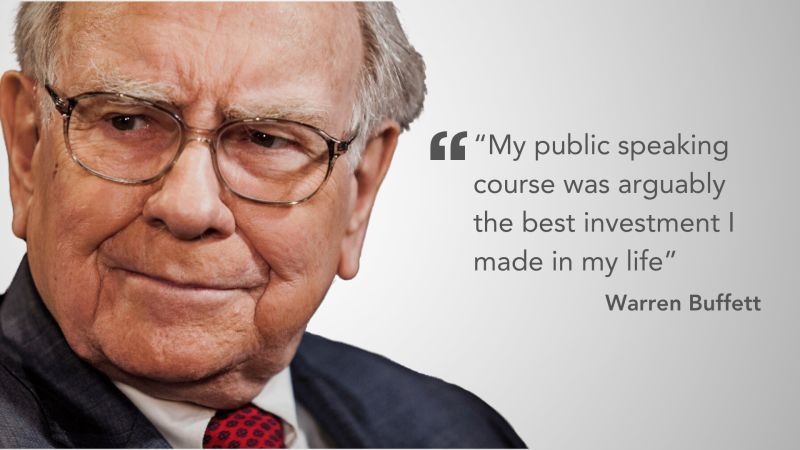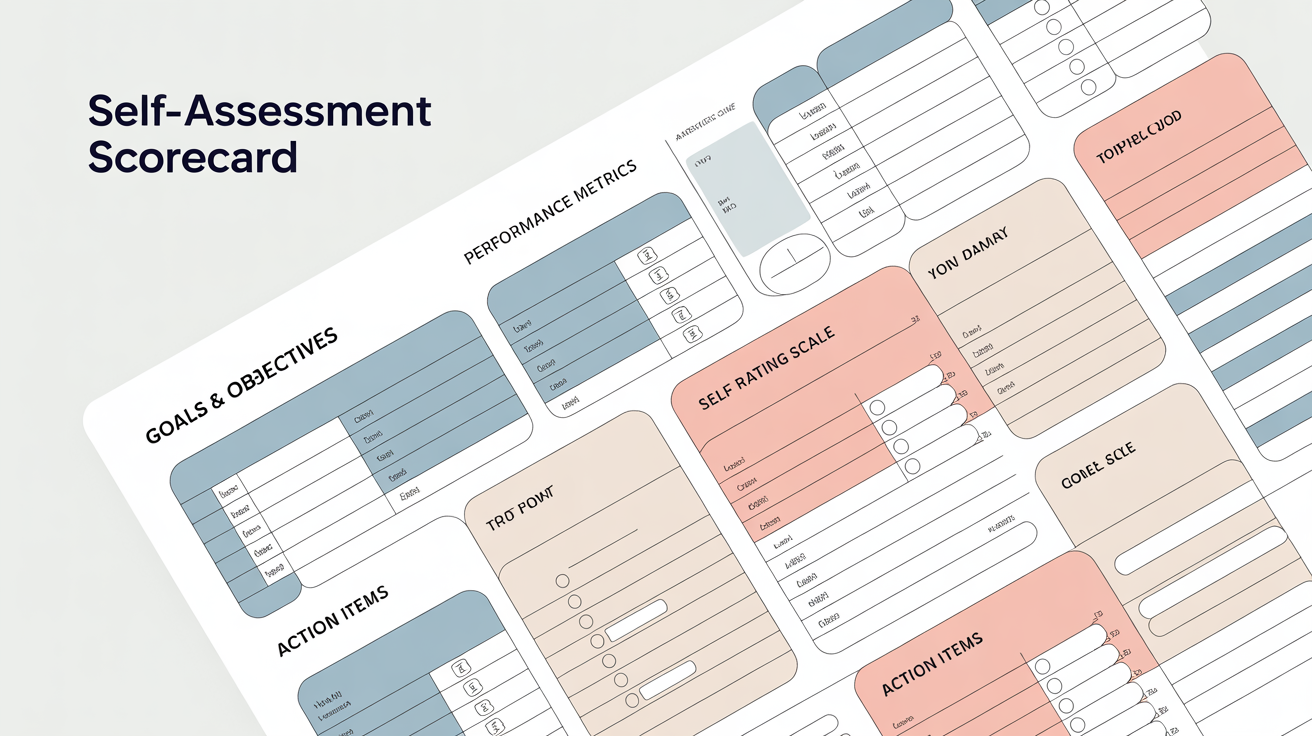
Are These 3 Communication Skills Really the Secret to Success? | Peter Thomson
Oct 16, 2025You know, I've been thinking about something lately. I wonder if these three ideas really are the secret to our increased success. I came across this quote some years ago, and when I shared it with members of one of my mentoring groups, we discussed it at great length.
The conversation that followed was fascinating. And I think the idea is simple enough to grasp, but profound enough to change everything about how you approach your business and life.
Let me share it with you straight away.
The Quote That Changed My Perspective
"Your success in life will be determined largely by your ability to speak, your ability to write, and the quality of your ideas — in that order."
— Professor Patrick Winston, MIT
Now, here's what struck me immediately about this quote. It's not just what Professor Winston said – it's the order he put these elements in. That sequence matters more than you might think at first glance.
So let's dig into why he structured it this way, and more importantly, what you and I can do with this insight.
Why Speaking Comes First

Why does Professor Winston put speaking first? Well, I've seen this play out time and again in my 50 years in business, and there's a beautiful quote by Warren Buffett that captures it perfectly.
Warren used to have a diploma displayed in his office. Now, you'd think it would be from Harvard or some prestigious business school, right? Wrong. It was the diploma from the Dale Carnegie Institute of Speaking. That's the certificate he chose to display, not the others. He knew something important.
Here's why speaking deserves the top spot: When we're able to speak effectively, persuasively, and confidently in public, we don't only express our own ideas – we also share the ideas we've learned from others. Of course, we acknowledge where they came from, but very often, we blend what we've learned with what we know and create something entirely new.
Think about it for a moment. It's all very well coming up with something brilliant, but if we can't express it to somebody, it's lost. Gone. Wasted.
Especially in today's world – the age of video – being able to speak confidently and persuasively in public is vital. Whether you're recording a video for your website, speaking at a conference, or presenting to potential clients, your ability to communicate verbally can make or break your success.
I've seen brilliant consultants with game-changing ideas fail to gain traction simply because they couldn't articulate their value effectively. Conversely, I've watched people with decent ideas build thriving businesses because they mastered the art of speaking.
Why Writing Deserves Second Place

Now let's talk about writing. You and I come up with great ideas all the time. They hit us when we're watching television, having conversations with friends, or simply walking down the street. Inspiration strikes constantly, doesn't it?
But here's the problem: If those ideas stay locked in our heads and nothing happens with them, they're wasted. Completely wasted.
We've got to be able to take those brilliant thoughts out of our minds and craft them into words that make it easy for others to understand and use. That might be through a written piece, a mind map, or a template that helps others put your ideas into practice.
I've been writing for over 30 years now. I've created over 100 audio programmes, 100 video programmes, countless books, and training materials. And here's what I know: Writing forces clarity. When you try to write something down, you discover whether you really understand it or not.
Writing is also how you scale your impact. You can only speak to so many people directly. But your written words? They can reach thousands, even millions, long after you've written them. They work for you while you sleep.
That's why writing deserves its place as number two.
Why Ideas Come Third

At first glance, you might think the quality of ideas should come first. I mean, surely great ideas are the foundation of everything, right?
But Professor Winston places ideas last, and I think he's absolutely right to do so.
Ideas are fantastic. They're essential. But they're nothing without the ability to write them down and share them. And again, they're nothing if we can't communicate them clearly when speaking.
So yes, ideas matter tremendously. But it's our ability to express and share them that truly determines our success.
I've met so many people over the years who are bursting with brilliant ideas. They've got notebooks full of them, minds racing with possibilities. But those ideas stay trapped inside because they haven't developed the skills to bring them into the world effectively.
On the flip side, I've seen people with relatively simple ideas build multi-million pound businesses because they mastered the art of communication – both spoken and written.
Turning Abstract Concepts Into Practical Action
Now, this is a wonderful concept, isn't it? But here's the question I always ask: Is it just an abstraction? What can we actually do with it?
I like to use a process of self-checking. I give myself a score out of 10 for how good I am at something, which naturally prompts improvement. It's a simple technique, but it's remarkably powerful.
Let me show you how this works.
The Self-Assessment Exercise

I want you to take a moment right now and honestly assess yourself in these three areas. Grab a piece of paper or open a notes app on your phone.
Quality of Ideas
Out of 10, how good are you at coming up with creative solutions to life's challenges and your clients' problems?
Be honest with yourself. If you're not scoring an 8, 9, or 10, ask yourself: How can I improve?
Here are some ways:
- Read books about creative problem solving
- Explore new brainstorming methods
- Study how successful people in your field generate ideas
- Set aside dedicated time for creative thinking
- Keep an idea journal and review it regularly
The key is stretching your thinking. You've got to actively work at becoming better at generating quality ideas.
Writing Ability
Out of 10, how effective are you at writing clearly and persuasively?
If you're not where you'd like to be, there's good news: Writing is a skill that improves with practice and study.
Consider taking action through:
- Online writing courses
- YouTube tutorials on persuasive writing
- Writing workshops in your area
- Daily writing practice (even just 15 minutes)
- Reading excellent writers and studying their techniques
I can type at 72 words per minute now, but I wasn't always that fast. It came from years of practice and creating content regularly.
Speaking Ability
Out of 10, how confident and clear are you when speaking in public?
If there's room for growth here – and let's be honest, most people have room for improvement in this area – you need to take deliberate action.
Warren Buffett considered his Dale Carnegie speaking course one of the most valuable investments he ever made. That should tell you something.
Ways to improve:
- Join a Toastmasters club
- Record yourself speaking and watch it back (uncomfortable, but incredibly valuable)
- Speak at local events or organisations
- Practice in front of friends or colleagues
- Create video content regularly
- Hire a speaking coach
If you're creating video content for your business – and you should be – you're already practicing this skill. Keep at it.
The Power of Record Keeping
There's a lovely expression I've always remembered: "The only people who break records are the people who keep records."
This is so true. By tracking our progress in these three areas and reviewing them regularly, we prompt ourselves to improve. We create accountability for ourselves.
Here's what I suggest: Set a reminder in your calendar to reassess yourself every three months. Write down your scores for each area, note what you're doing to improve, and track your progress over time.
You'll be amazed at what happens. Small, consistent improvements compound over time. They create momentum. They build confidence. They generate results.
I recently heard this principle summed up beautifully: "Slow is smooth, and smooth is fast."
This slow, steady progression is what creates rapid results in the long run. It's not about overnight transformation. It's about consistent, deliberate improvement in these three critical areas.
Your Next Steps
So here's what I want you to do right now – not later, not when you have more time – right now:
Step 1: Write down your current scores out of 10 for:
- Quality of your ideas
- Your writing ability
- Your speaking ability
Step 2: For any area where you scored less than 8, write down three specific actions you'll take in the next 30 days to improve.
Step 3: Put a reminder in your calendar for three months from today to reassess yourself.
This isn't complicated. But it is powerful. The simple act of measuring yourself creates awareness. Awareness creates motivation. Motivation creates action. And action creates results.
Look, I've been in business for over 50 years. I've built and sold companies. I've worked with thousands of clients. And I can tell you with absolute certainty: Your success really does depend largely on these three abilities.
The wonderful thing is, they're all learnable. None of us are born great speakers or writers. These are skills we develop through practice and intention.
So don't just read this article and move on. Take it away and use it. Score yourself. Identify your gaps. Take action. Review your progress regularly.
If you've enjoyed this slightly off-the-wall approach to thinking about success, you'll find plenty more ideas like this in my other resources. I've spent decades studying what makes some people extraordinarily successful while others struggle, and I'm passionate about sharing these insights with people like you.
For now, though, I want you to focus on these three simple but profound ideas: Your ability to speak, your ability to write, and the quality of your ideas – in that order.
Master these three areas, and you'll be amazed at what becomes possible in your business and your life.
Want to dive deeper into building communication skills that transform your business? Check out my Persuasion Formula Course, where I share the exact methods I used to build and sell my company for enough to retire at 42, and the same strategies my clients have used for over 30 years to create businesses and lives of choice.
Stay connected with bite-size videos and updates!
Gain an unfair advantage and join fellow achievers who receive tgiMondays - FREE weekly bite-sized videos and blogs on business and personal growth and inspiration from my latest off the edge thinking and ideas.
We hate SPAM. We will never sell your information, for any reason.

